Hair Care
-

How to Style Wet Curly Hair
.
Time is often your biggest enemy in the morning. Do you ever remember the time when you wake up, take a shower, and still be able to blow dry…
-

Best Shampoo and Conditioner for Blonde Hair
.
Whether you are a natural blonde or recently bleached your hair blonde, choosing the best shampoo and conditioner for blonde hair to complement your hair colour is vital. In…
-
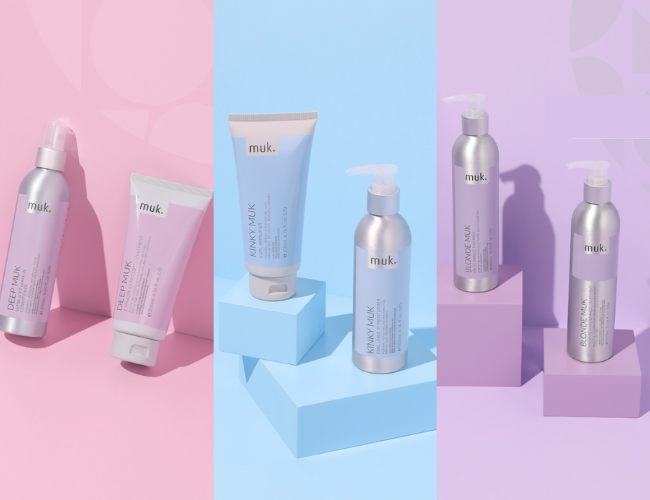
All About MUK Hair Products
.
Muk hair products are among the most recognisable in Australian haircare. Their journey started in Melbourne in 2006 with the original red tin; the Hard Muk Styling Mud. Since…
-
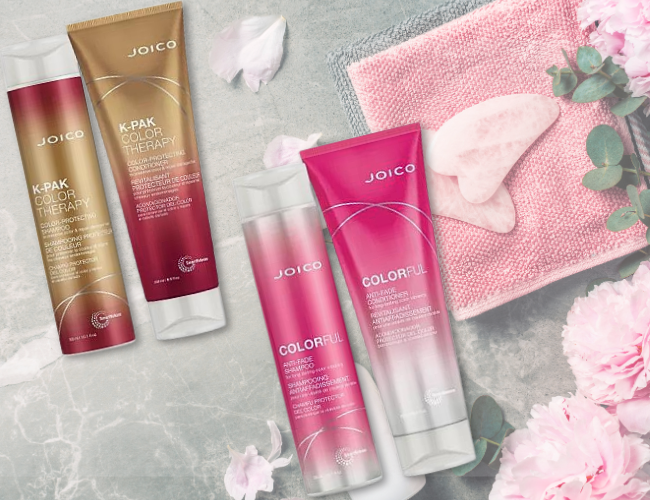
Joico K-Pak Color Therapy vs Colorful
.
When comparing Joico K-Pak Color Therapy vs Joico Colorful Anti-Fade Shampoo and Conditioner, it’s clear that both lines offer significant benefits for colour-treated hair. Each has its unique features…
-
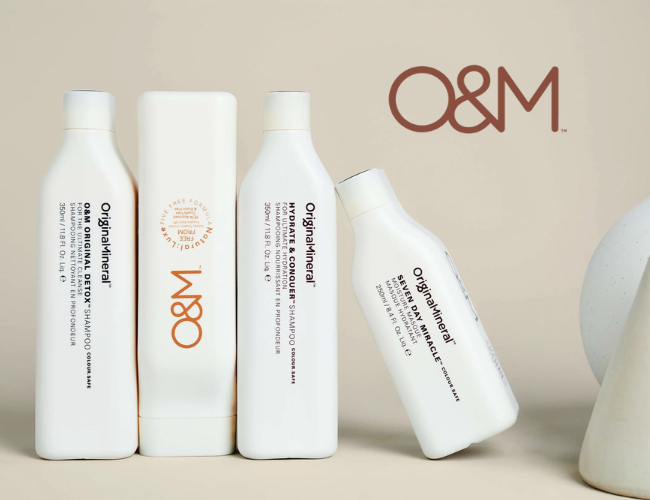
Which O&M Shampoo & Conditioner Is Best For You?
.
O&M Shampoo and Conditioner: a line of haircare products that are free from harsh chemicals. Specifically crafted for coloured hair, all O&M Shampoos and Conditioners are formulated to safeguard…
-
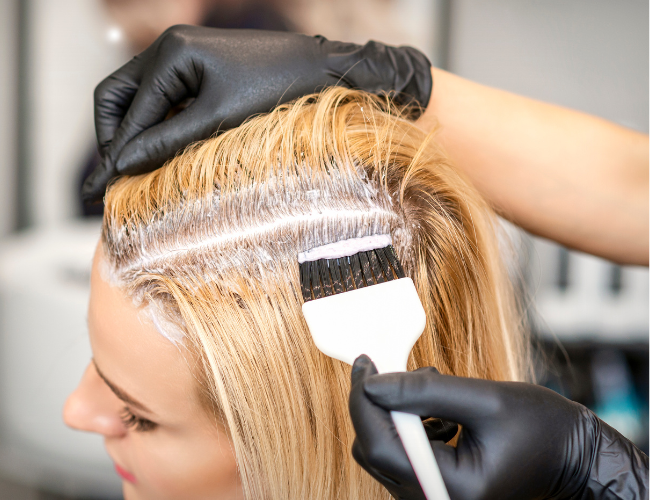
How To Care For Bleached Hair
.
Ever wondered how to care for your bleached hair correctly? This is the only haircare routine you need to keep your blonde tresses looking salon-fresh and healthier than ever!…
-
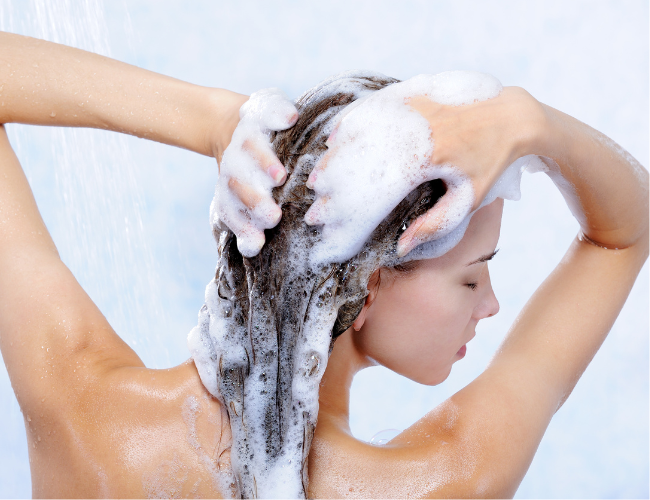
Best Shampoo and Conditioner for Hair Loss
.
Hair loss is a distressing experience that leaves you grappling with self-esteem issues and searching for solutions amidst a sea of products promising miracles. The emotional toll of seeing more…
-
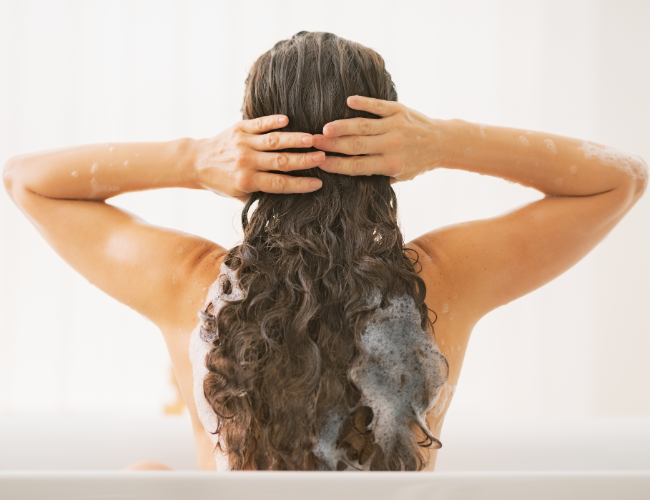
How Often Should You Wash Your Hair?
.
When it comes to hair care, one of the most common questions I get is: How often should I wash my hair? It turns out there’s no one-size-fits-all answer….
-
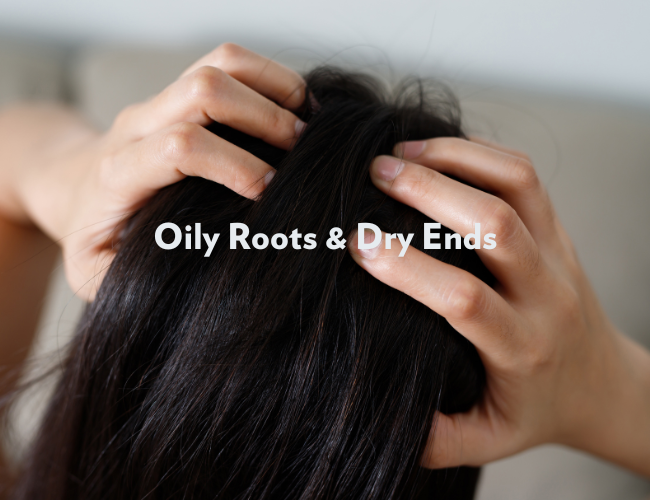
How To Treat Oily Roots & Dry Ends
.
It’s a question we get asked quite a lot by our customers: “What can I use to combat oily roots and dry ends?” It is a pretty common problem…
-
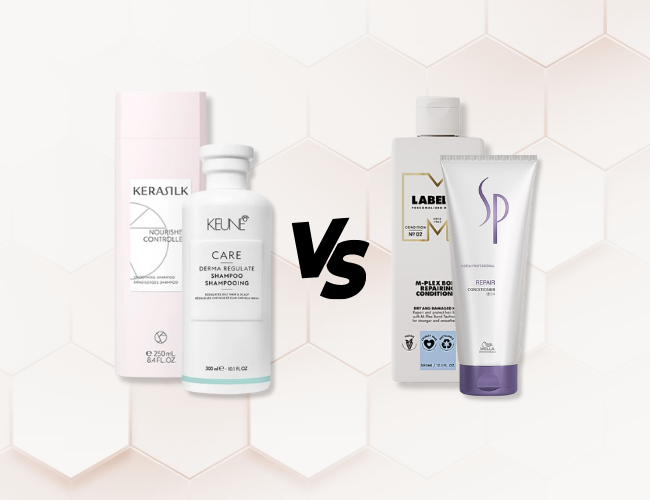
Conditioner vs Shampoo: What is the Difference Between Shampoo and Conditioner?
.
We all want beautiful, healthy hair, but it seems that unlocking the full potential of your locks is more elusive than ever. It could be that you’re not using…
